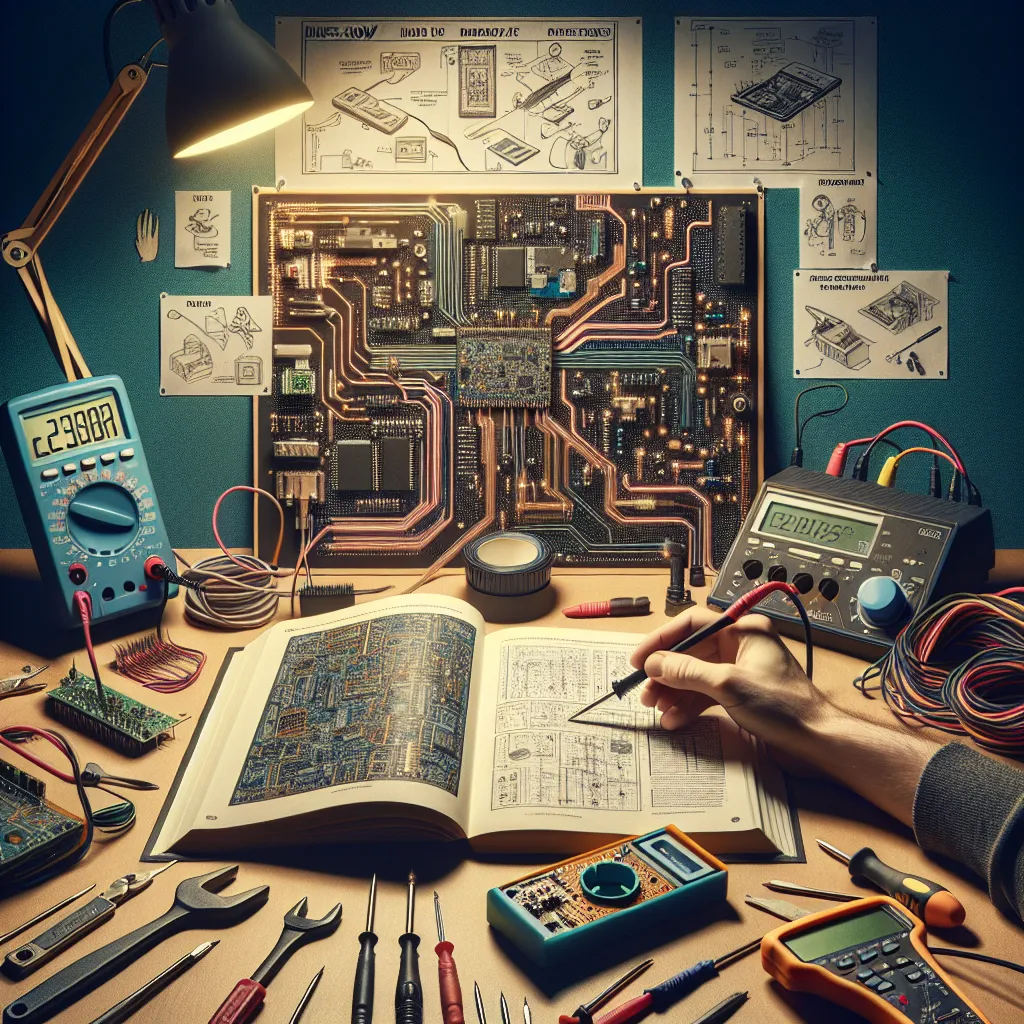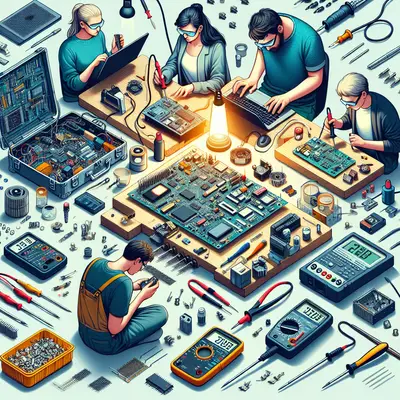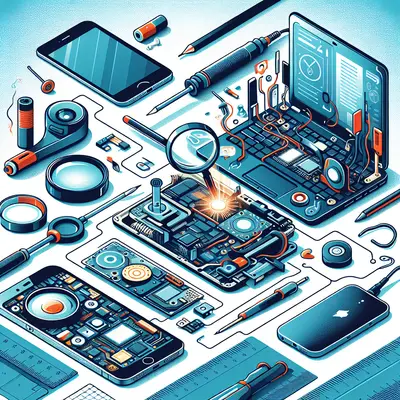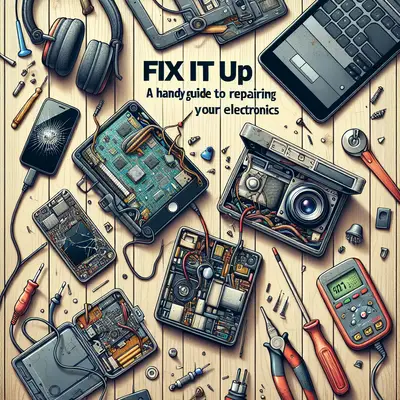While professional help is advisable for complex repairs, small issues can often be resolved at home. Armed with a few essential tools and some safety precautions, you can tackle several common problems that arise in your devices.
Understanding the Problem
The first step towards successful electronics repair is understanding the problem. Before you start disassembling your device, try to identify the issue. Whether it's a software glitch or a hardware malfunction, knowing the root cause can guide your repair process and prevent further damage.
Safety First
When dealing with electronics, safety should always come first. Always remember to unplug the device before you begin any repairs. Use insulated tools to avoid electrical shock and keep your workspace clean and organized. If you're handling sensitive components like circuit boards, consider wearing an anti-static wristband to prevent electrostatic discharge.
Using the Right Tools
Having the right tools can make your repair work easier and more efficient. A basic electronics repair kit should include a set of screwdrivers, pliers, wire cutters, a multimeter, and a soldering iron. These tools can help you open devices, test electrical components, and make necessary repairs.
Learning to Solder
Soldering is a crucial skill for any DIY electronics repair enthusiast. It allows you to connect different components and fix broken circuits. Practice on some scrap electronics before you try it on your devices. Remember to use a good quality soldering iron and lead-free solder for the best results.
Seeking Help When Needed
Despite your best efforts, there might be times when you are unable to fix a problem. In such cases, don't hesitate to seek professional help. Trying to fix a complex issue without the necessary expertise can cause more harm than good.
Conclusion
While DIY electronics repair can be rewarding and cost-effective, it's important to approach it with caution. Understanding your device, using the right tools, and knowing your limitations can help you successfully repair your electronics and extend their life. So go ahead, put on your safety glasses, and get ready to enter the exciting world of DIY electronics repair!



